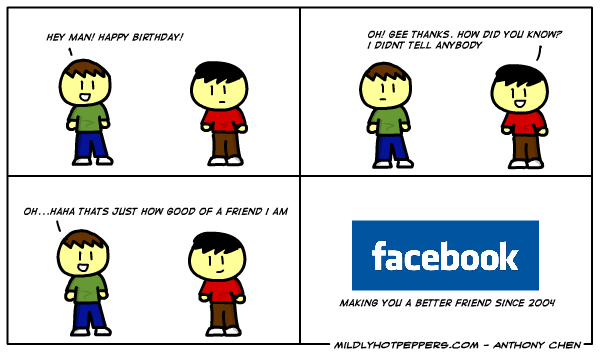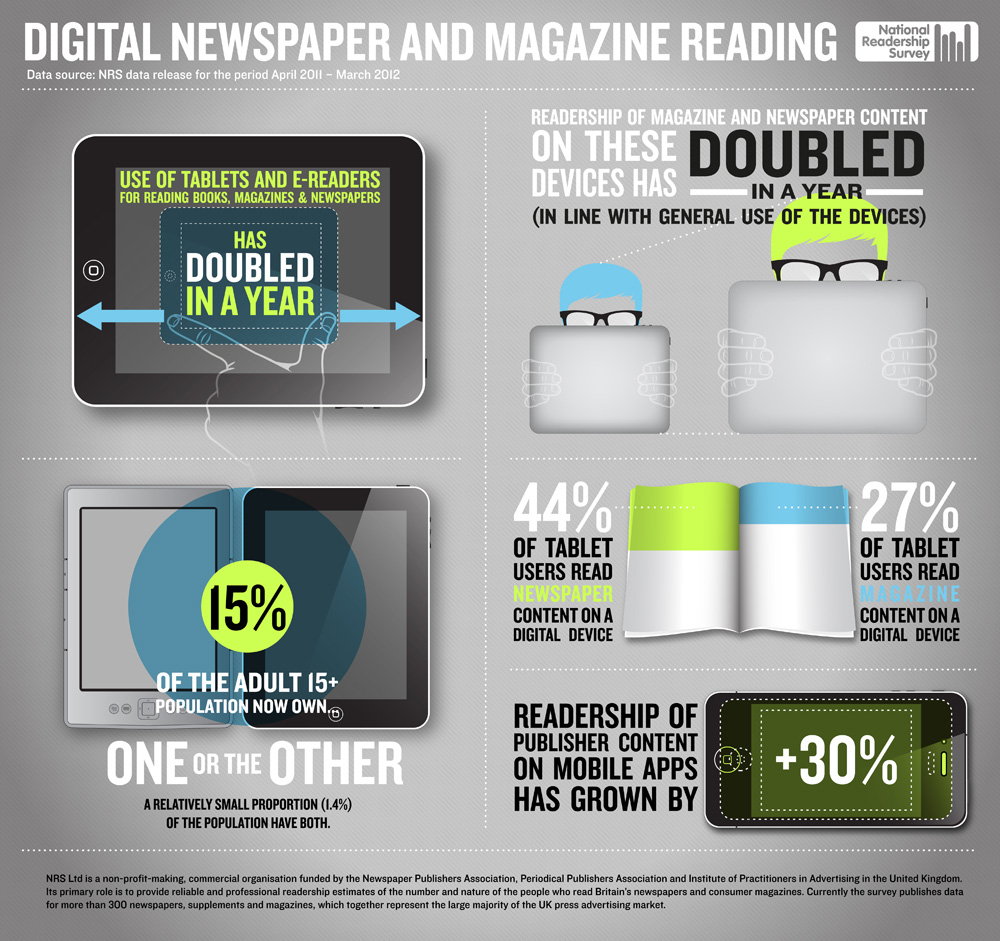

Saturday, 18 April 2015
Internet & Journalism

Credits: Shayne Bowman and Chris Willis, Christopher Harper,
In the past, journalism was a one way communication. Citizens would tune into their radios, televisions or even newspapers to find out what is happening around the world. No one would question their credibility. People read it and people believed it. #endofstory.
Journalism in Digital Age
How is digital journalism different?
Digital journalists consume and produce content at the same time, constantly publishing what they hearing and reading. In other words, they have become prosumers.
- Online journalism can provide a variety of media text, audio,video and photographs unlike other media.

News sites have been handling the growing demands of readers and viewers effectively despite the significant decrease in revenue from print newspapers . Information is constantly updated, improved on, changed, developed on major publications sites. In other words, information has becoming free-flowing for everyone. Just an idea on how many people in the world rely on the Internet for information:

But what does that mean?
It gave rise to the idea of Digital Journalism.
Digital journalism is not just about putting a story on the web and believing it instantly. The internet makes it more possible to interact with audience like never before Responses to a story are instant and a reader might just even know more about the story than the journalist actually knows. Questions on the accuracy of the story may also be raised.
- Online journalism can provide outlets for building your own 'printing press', aka Citizen Journalism.
Now, everyone is armed with web publishing tools and platforms. The audience now has the means to become an active participant in the creation and criticism of news and information.
The Internet has become a medium for news and it is maturing. With every occurring event, online media evolves.
There has been a growth in the number of people utilizing weblogs as it is of low cost and it is easy to use. Weblogs have expanded their influence by attracting larger circles of readers while appealing to their target audiences. Many users use it as a means of self expression. It has become the new form of journalism as anyone can publish and maintain a site. The advantage to this new form journalism is that it brings new voices in to discuss various topics. However, this may be detrimental to traditionally experienced journalists. Other forms of citizen journalism include forums, chat rooms and newsgroups and even various social media platforms.
There is often no or very little editing or journalistic flow in citizen journalism. In such a form of journalism, people are given the freedom to publish whatever, therefore, focusing on quantity instead of filtering the information published (unlike traditional news organizations). How can anyone trust anything that is being written online? What if it is not credible? How would you even know? Traditionally, journalism is seen as the profession of gathering, editing and publishing news reports for newspapers, magazines, television or radio. Today, people turn to the Internet for news, even if they are from not credible sources. People rather believe them because they feel that information in newspapers aren't reported fully.
According to Kovach and Rosenstiel, technology, along with globalization and the conglomeration of media, is causing a shift away from journalism that is connected to citizen building.
In my opinion, the future of journalism indeed looks competitive, high quality and well funded. With such drastic changes, should it even be called journalism? That's the question that is puzzling.